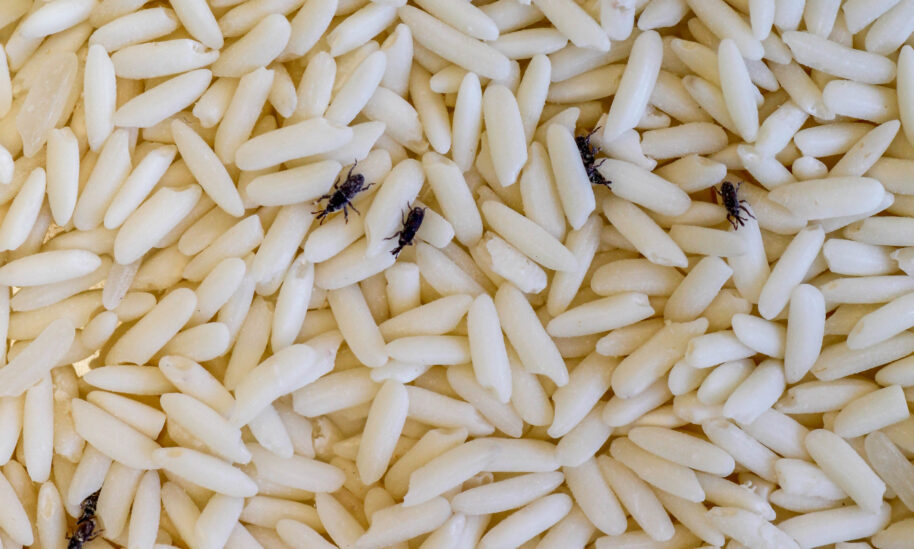Hoffman’s Exterminating shares five tips to prevent small pests from causing big problems in the kitchen this holiday season.
As people gather in kitchens to prepare tasty sweets and treats for the holidays, Hoffman’s Exterminating, a leading New Jersey pest control company, is reminding homeowners to keep an eye out for uninvited guests in the form of pantry pests that may be looking to join in on the baking fun.
“Pantry pests are insects known for infesting many of the same ingredients we use to whip up pumpkin pie or sugar cookies this time of year,” said William T. Hoffman, President & CEO of Hoffman’s Exterminating. “As people dig out the flour, spices, nuts and other dried goods from the pantry that haven’t been used in quite some time, it’s important to thoroughly inspect the items for signs of a pantry pest infestation, and discard any that appear damaged or infested.”
The National Pest Management Association (NPMA), a non-profit organization committed to the protection of public health, food and property from pests, notes that Indian meal moths are the most common pantry pest, although beetles and weevils also problematic. Indian meal moths do not directly cause disease or damage to the home, but can be a major nuisance due to their quick breeding capabilities.
Hoffman’s Exterminating suggests that homeowners heed five tips to keep pantries in tiptop shape.
- First and foremost, inspect groceries at the store for any holes, torn packaging or broken seals before placing them in the cart, as most pantry pests are brought into homes from items that are already infested.
- When seeking out items from the pantry, remember to check expiration dates before use.
- Once finished with the ingredients, store them in sealed plastic or glass containers with secure lids that will keep the pantry organized while more importantly keeping pests out.
- Practice good sanitation by wiping up crumbs and spills as soon as possible, and periodically cleaning cupboards with soap and water to remove any food residue that may accumulate over time.
- Regularly dispose of garbage in a sealed receptacle.
“If pantry pests become a problem, we recommend contacting a licensed pest control professional for assistance,” added Hoffman.
For more information on pantry pests, visit the Hoffman’s website.



